Equine health issues can crop up regardless of the time of year. Here’s what you should look out for during the autumnal season.
In the Autumn the days are still warm, but we may also see wet weather, this means the grass has a last flourish, causing sugars to stay high in the grass. Here at Bransby Horses we are always monitoring the grass but also on the frosty mornings, this can cause the sugars to be stored in the grass rather than converting it into new growth.
For more information on laminitis, please visit our dedicated equine advice page using the button below.
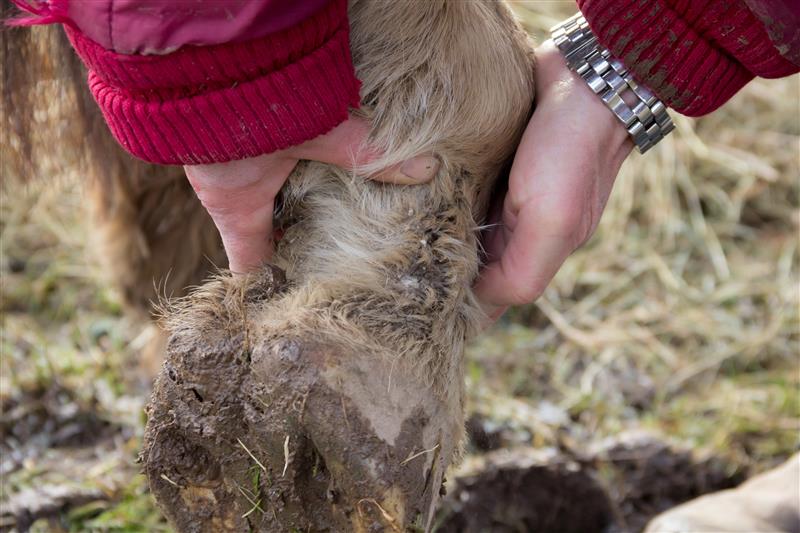
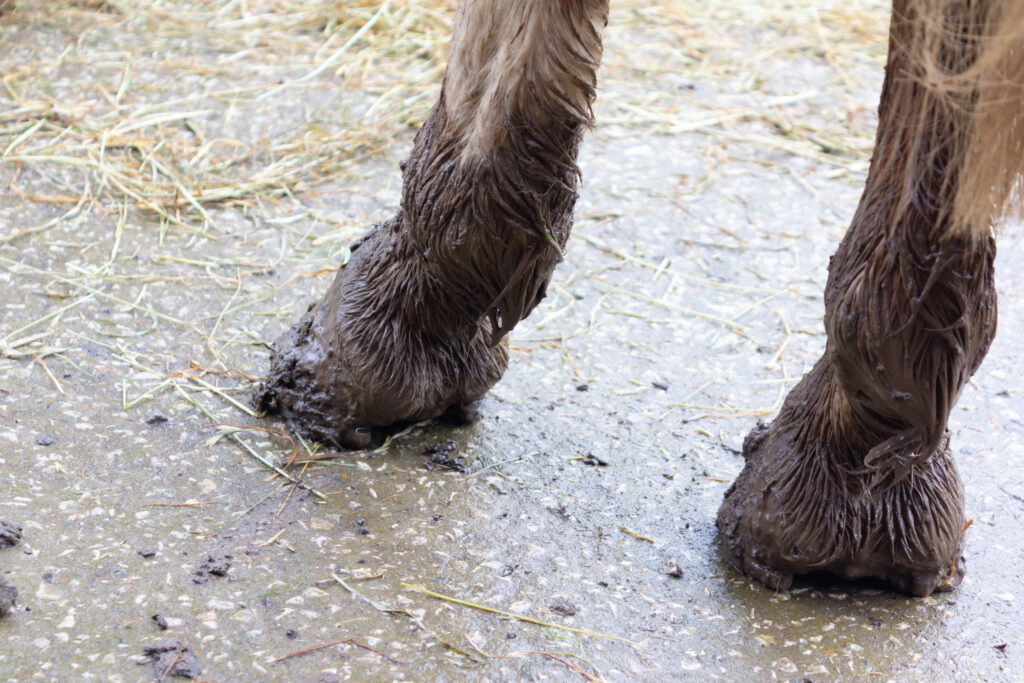
Mud fever (sometimes known as mud rash or pastern dermatitis) commonly forms on the pastern (between the fetlock and the hoof and on the heel). But can travel up the leg in severe cases.
In the autumn, the wet weather can cause skin conditions in various areas. Mud fever is common due to equines standing in wet muddy conditions. Having hard standing, pads of woodchip or sand are useful to prevent mud fever.
Click on the button below for more information on this topic.
Another issue that can occur during autumn is colic. Changes in weather, diet, and grazing patterns can increase the risk of colic in horses. To prevent this, make any dietary changes gradual and provide plenty of fresh water to ensure proper hydration. Monitor your horse closely for any signs of colic, such as pawing, rolling, or decreased appetite, we advise seeking veterinary advice immediately if you suspect colic.
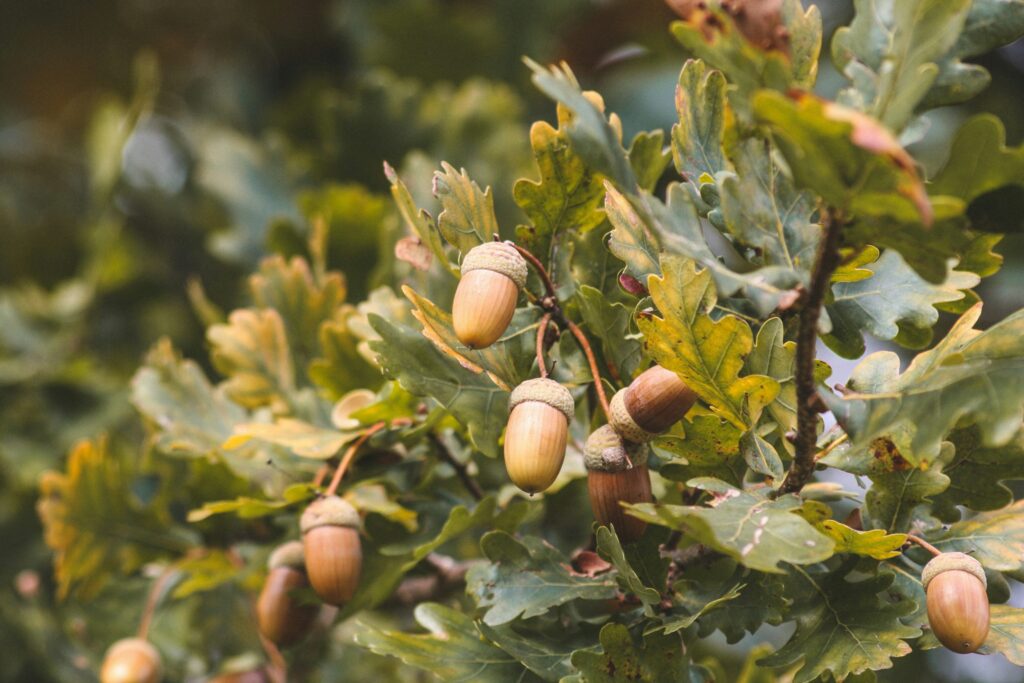
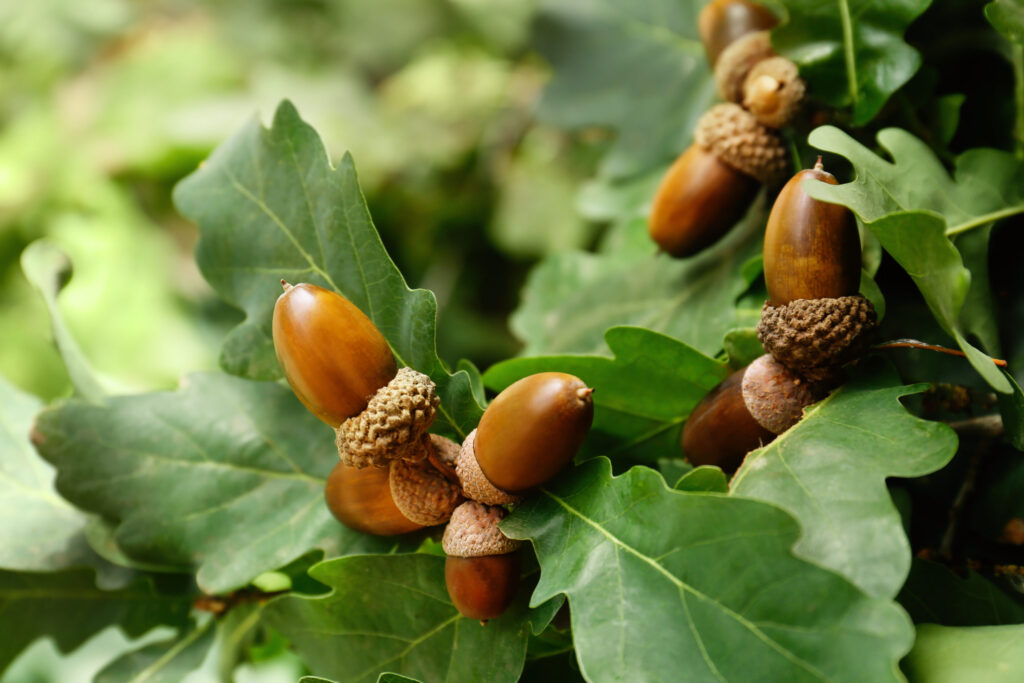
If eaten, acorns, leaves and branches from oak trees pose a risk of poisoning to horses. Fortunately, acorn poisoning is rare in horses due to the bitter taste, but some horses may eat them if the weather is dry, and the quality and quantity of grazing has decreased.
Symptoms of consumption:
Treatment
There is no specific treatment for acorn poisoning, It will depend on the number of acorns eaten and the stage of illness. Intravenous fluids may be required to wash out the toxins and prevent further damage to the organs. To stop damage in the intestines, activated charcoal, mineral oil or paraffin may be administered by your vet. Pain killers may be administered if the horse is displaying colic symptoms but encouraging the horse to eat hay and drink water will also help dilute the toxins.
It is important to fence off the areas where acorns fall or remove them from the pasture. Try to ensure they have good grazing to minimise the risk of foraging for other alternative foodstuffs.
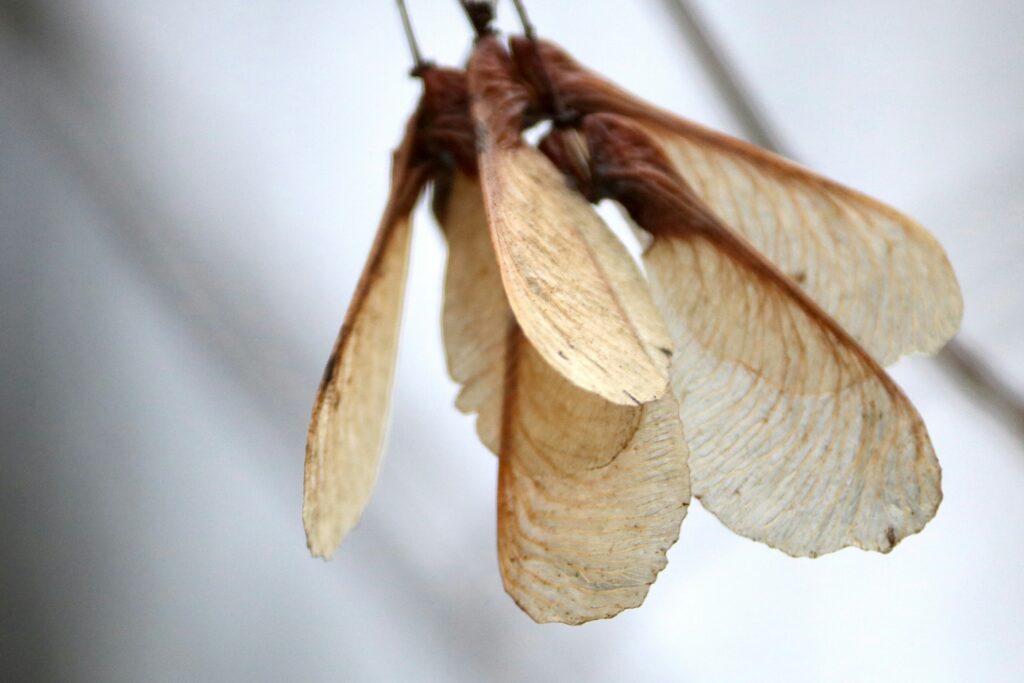
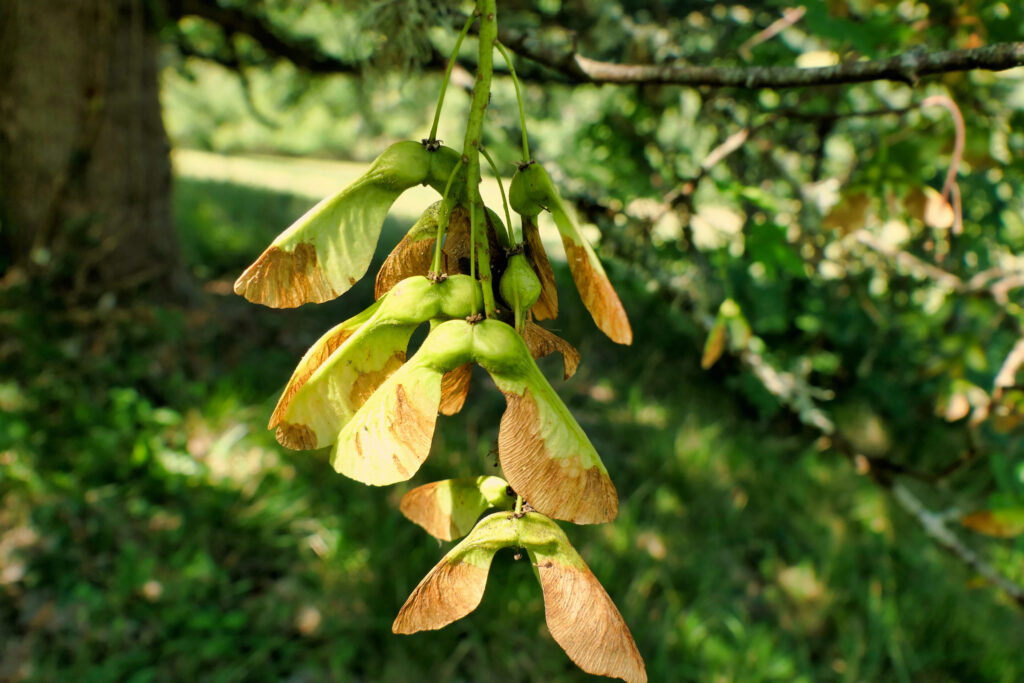
Also known as atypical myopathy is a severe and potentially fatal muscle disorder of horses caused by eating sycamore ‘helicopter’ seeds and, to a lesser extent sycamore leaves, that fall onto pasture in the autumn & winter or sycamore seedlings which grow in the Spring.
Symptoms:
Treatment
Urgent veterinary assistance should be sought if a case of AM is suspected as swift identification of the clinical signs and early intensive, supportive treatment is essential. However, there is no specific treatment to cure the disease and treatment will be aimed at minimising the effects of the clinical signs. Due to the poor prognosis, euthanasia may have to be considered for horses that are suffering and those that have reached the stage where they are unlikely to respond to supportive treatment.
It is important to remove any helicopter seeds, leaves and saplings from the pasture or fence off the area. Try to ensure they have good grazing to minimise the risk of foraging for other alternative foodstuffs.
Remember we are here at Bransby Horses to support you with the health and welfare of your horse, if you require further information on any of the above or you would like to discuss your management plan please call 01427 787369 or email welfare@bransbyhorses.co.uk.
